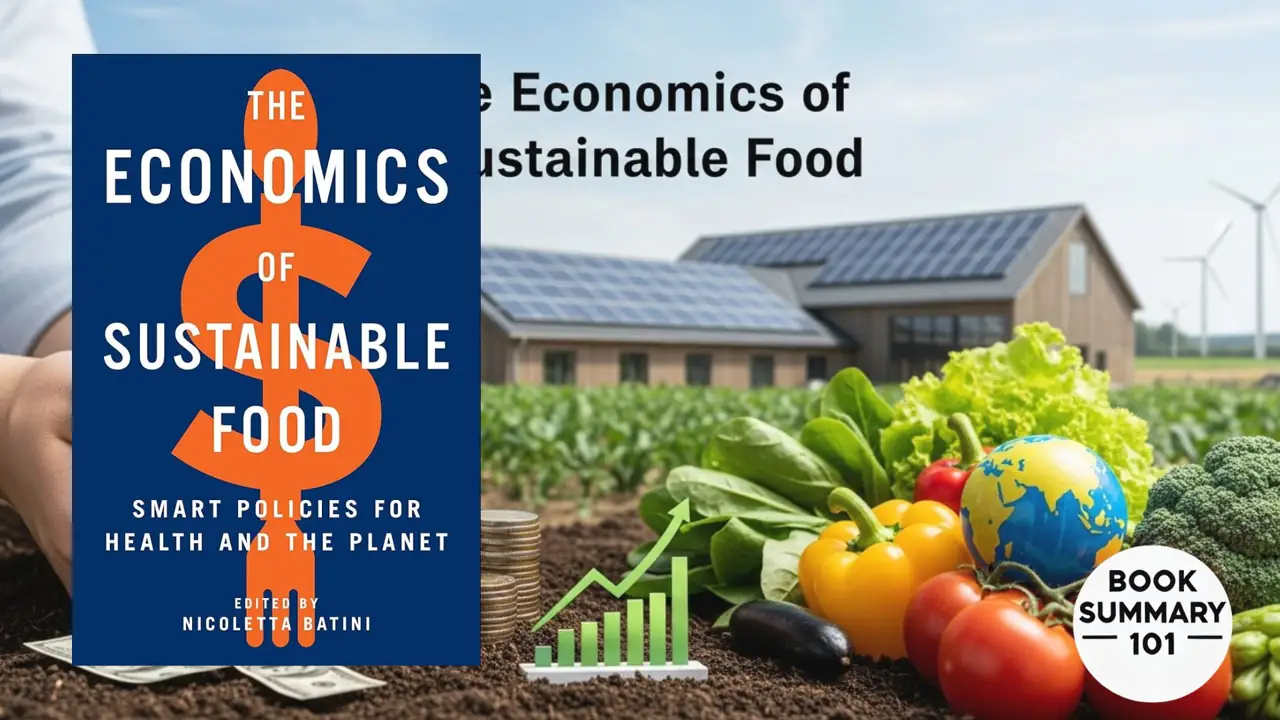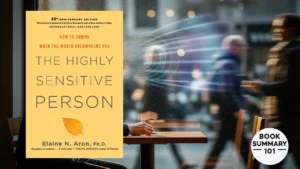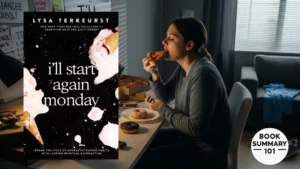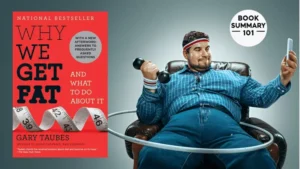Ever wonder if what’s on your plate could change the world? Nicoletta Batini’s The Economics of Sustainable Food is the wake-up call we all need—whether you’re a foodie, a policy geek, or just someone who wants to leave a better world behind. This isn’t just another dry economics book; it’s a deep dive into how smart policies can transform our health, our planet, and our future.
Let’s unpack the key takeaways in a way that’s as digestible as your favorite meal!
Why This Book Matters
We’re at a crossroads. The way we produce and consume food is taking a toll on the environment and our health. Did you know that the global food system contributes to about a third of all greenhouse gas emissions? That’s huge. But Batini doesn’t just dish out the doom and gloom—she serves up actionable solutions that governments, businesses, and individuals can adopt to turn the tide.
From rethinking subsidies to advocating for plant-based diets, this book outlines how small changes can make a monumental difference.
Why Read The Economics of Sustainable Food?
If you’ve ever felt overwhelmed by the climate crisis or unsure of how to make a difference, this book is for you. Batini breaks down complex ideas into easy-to-understand concepts and offers solutions that don’t require you to overhaul your life overnight.
Here’s why it’s worth your time:
- It’s Empowering: You’ll walk away feeling like you can make a difference, whether it’s through the food you buy, the policies you support, or the conversations you start.
- It’s Evidence-Based: The book is packed with data, but it’s never dry. Batini seamlessly blends stats with storytelling to keep you engaged.
- It’s Hopeful: Amid all the challenges, Batini’s optimism shines through. Change is possible—and she shows us how.
How You Can Start Making a Difference
You don’t need to wait for governments or big corporations to lead the charge. Change starts with you, and even small steps can create ripples that grow into waves. Inspired by Nicoletta Batini’s practical advice, here’s how you can start building a more sustainable future today:
Rethink Your Diet: Small Changes, Big Impact
Eating more plant-based meals doesn’t mean you have to go vegan overnight or give up all your favorite dishes. Start small by incorporating “Meatless Mondays” into your week. Think hearty lentil soups, spicy chickpea curries, or loaded veggie tacos.
Why does this matter? Animal agriculture is one of the biggest contributors to greenhouse gas emissions, deforestation, and water use. By swapping a few meat-heavy meals for plant-based alternatives, you’re cutting your carbon footprint significantly.
And it’s not just about the environment—it’s about your health too. Studies show that diets rich in fruits, vegetables, and legumes can reduce the risk of heart disease, diabetes, and certain cancers. So, your body and the planet win!
Pro tip: Don’t stress about perfection. Focus on progress. Experiment with new recipes or plant-based substitutes like oat milk or jackfruit. Who knows—you might discover a new favorite dish!
Support Local Farmers: Build Stronger Communities
When you buy from local farmers, you’re doing more than just getting fresh, seasonal produce—you’re investing in your community. Farmers’ markets and community-supported agriculture (CSA) programs are excellent ways to connect directly with those growing your food.
Local food has a smaller carbon footprint since it doesn’t need to be shipped thousands of miles to reach your plate. Plus, it’s often grown using more sustainable practices. Supporting local farmers also helps keep small-scale agriculture alive, which is crucial for maintaining biodiversity and protecting rural livelihoods.
What can you do?
- Visit a farmers’ market: It’s a fun way to spend a Saturday morning and discover fresh produce, baked goods, and even locally made jams or honey.
- Join a CSA program: You pay upfront for a season of farm-fresh goods, and in return, you get a box of produce delivered weekly. It’s like a surprise package of healthy eating!
- Ask about farming practices: Build relationships with farmers and learn how they grow their crops. Many local farmers are happy to share their sustainable practices with customers.
Vote with Your Wallet: Every Dollar Counts
Think of your money as a powerful tool for change. When you choose to spend on brands and products that prioritize sustainability, you’re sending a clear message to the market: ethical, eco-friendly practices matter.
Here’s how you can put this into action:
- Check the labels: Look for certifications like USDA Organic, Fair Trade, or Rainforest Alliance. These labels indicate efforts toward ethical production and sustainable farming.
- Research companies: Use resources like the Environmental Working Group (EWG) or Good On You (for fashion) to see which brands align with your values.
- Cut down on waste: Choose products with minimal packaging, or better yet, go for package-free options at bulk stores. Reducing waste is just as crucial as buying responsibly.
And don’t forget about restaurants! Support eateries that source local ingredients or prioritize plant-based menus. Dining out can be a delicious way to support sustainable practices.
Educate Yourself and Others: Spread the Word
The more you know, the better equipped you are to make informed choices. Read books (like this one!), watch documentaries, or follow sustainability-focused influencers for inspiration. But don’t stop there—share what you learn.
Start conversations with friends and family about the benefits of sustainable eating. Host a potluck with a plant-based theme or take someone to your local farmers’ market. Change is contagious, and you have the power to inspire others!
Reduce Food Waste: Love Your Leftovers
Food waste is a massive issue, with nearly one-third of all food produced globally ending up in the trash. That waste contributes to methane emissions from landfills and squanders the resources used to produce the food in the first place.
Combat this by planning meals ahead of time, using up leftovers creatively, and freezing surplus food before it spoils. Apps like “Too Good To Go” can also help rescue food from restaurants or grocery stores that would otherwise go to waste.
Each step you take might seem small, but collectively, they add up to meaningful change. Remember, the goal isn’t perfection—it’s progress. By making thoughtful choices about what you eat, where it comes from, and how it’s produced, you’re helping to create a healthier planet and a more sustainable future.
Real-Life Examples That Hit Home
One of the best parts of this book is the way Batini brings theory to life with real-world stories. Here are a few standouts:
- Costa Rica’s Agricultural Revolution: Costa Rica used policy reforms to shift toward sustainable agriculture, resulting in increased biodiversity and happier farmers. Their success story shows how investing in nature-based solutions can lead to economic and environmental wins.
- Denmark’s Organic Boom: Denmark leads the world in organic farming, with over 11% of its agricultural land certified organic. Government policies, like subsidies for organic farmers and campaigns to educate consumers, have been game-changers.
- The Blue Zones Diet: In places like Okinawa, Japan, people live longer and healthier lives by eating plant-heavy diets with locally sourced ingredients. This isn’t just about health—it’s a blueprint for sustainable living.
These examples prove that sustainable food systems aren’t just a pipe dream—they’re already happening.
Join the Conversation!
So, what’s your take? Have you made any changes to your eating habits for the sake of the planet? Or maybe you’re curious about how policies can shape a better food system?
Let’s chat in the comments! Together, we can build a future where every bite counts—for us and for the Earth.
5 powerful quotes from The Economics of Sustainable Food by Nicoletta Batini
- “The global food system is both a major victim and a primary driver of climate change.”
This quote highlights the double-edged role food systems play in the climate crisis—both suffering from and contributing to environmental degradation.
- “Eating sustainably is not a sacrifice; it is a strategy for survival.”
Batini reframes sustainable eating not as a burden, but as an empowering, practical approach to personal and planetary well-being.
- “Governments must stop paying people to harm the planet and start rewarding practices that heal it.”
A direct challenge to harmful agricultural subsidies, urging for smarter, greener policy incentives.
- “What we grow, how we grow it, and what we choose to eat are all deeply political acts.”
This quote reminds readers that food choices are never neutral—they shape economies, ecosystems, and societies.
- “Sustainability begins not in the fields, but on our plates and in our policies.”
A powerful reminder that true change starts with individuals and institutions working together.



